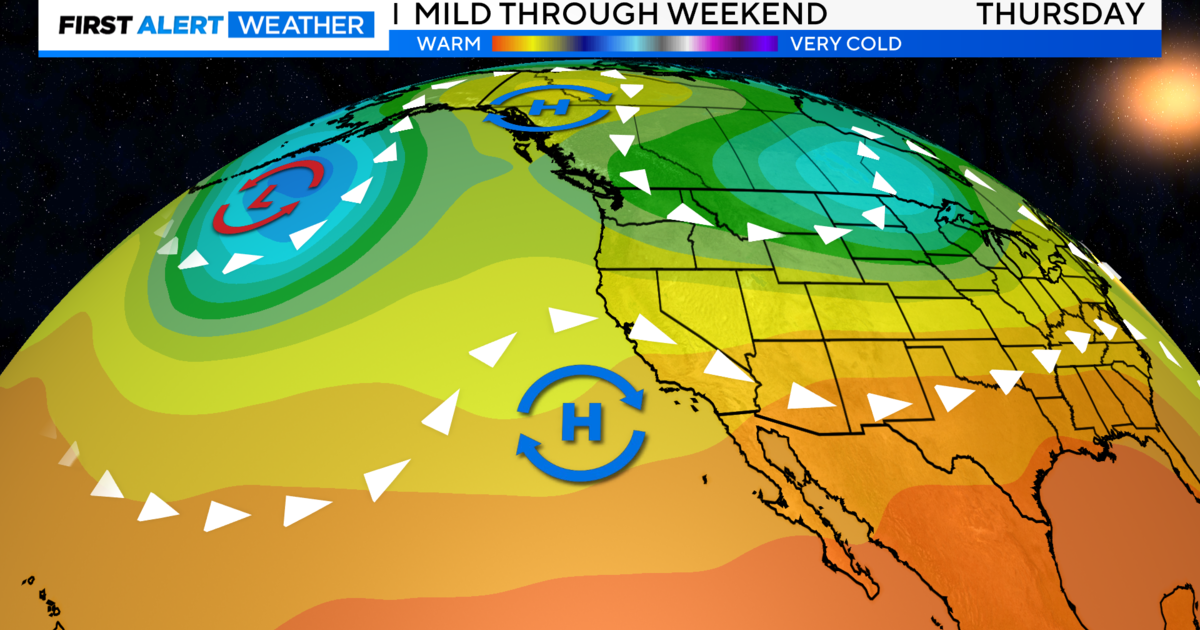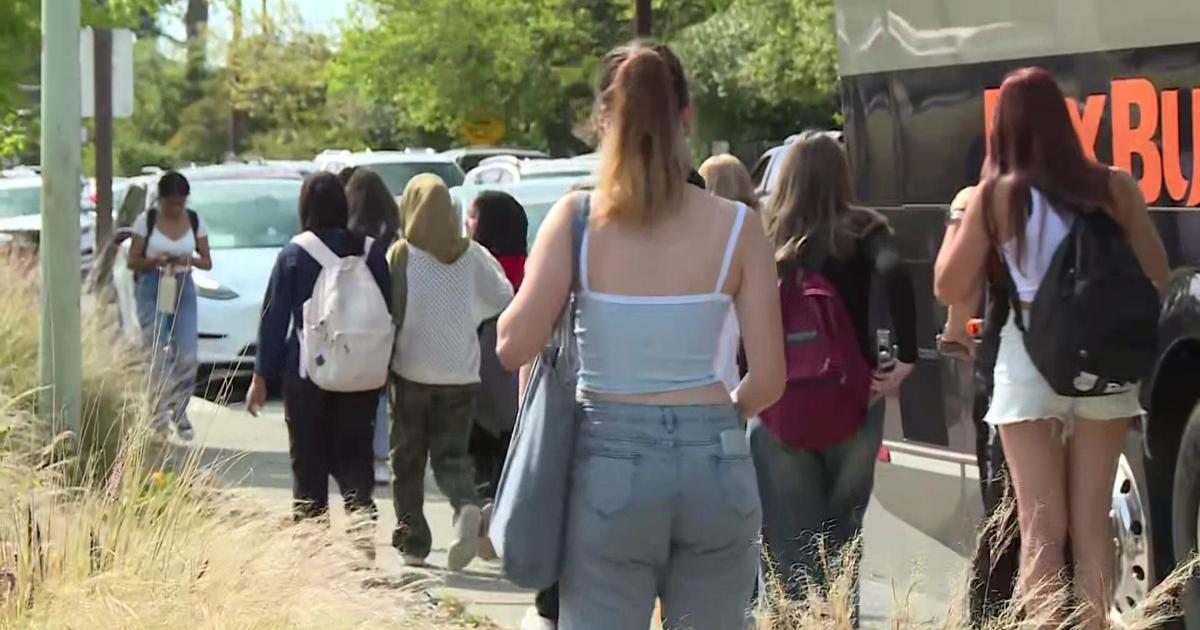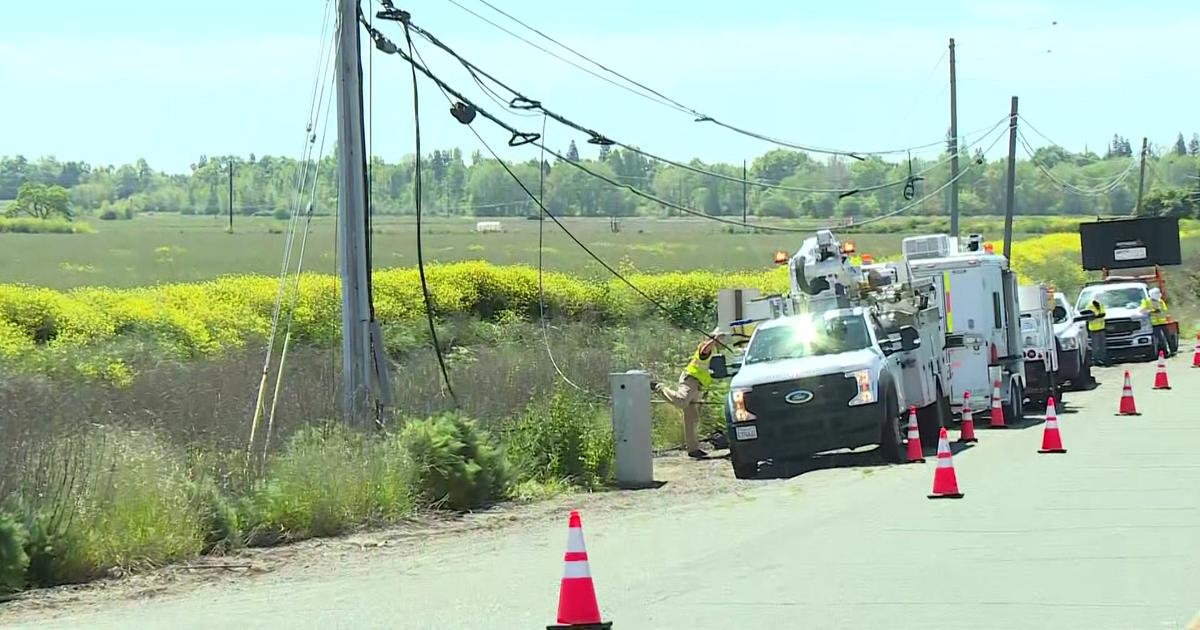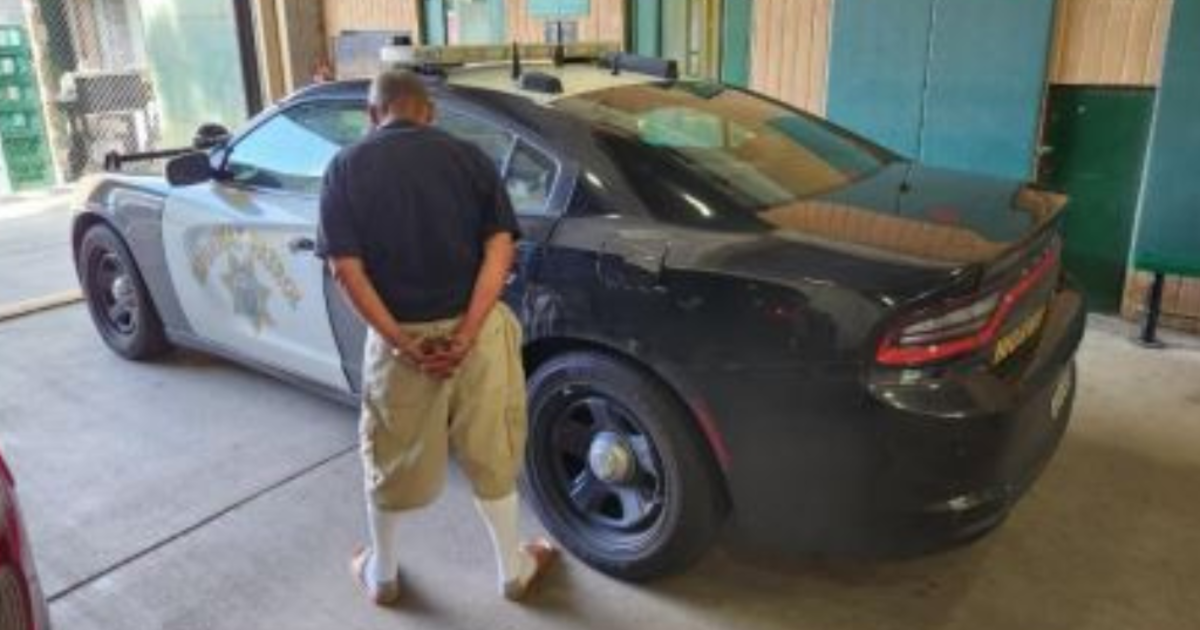FCC Chair: $2 Annual Tax Would Expand High-Speed Internet Connections At Schools
WASHINGTON (AP) - The U.S. should spend $1.5 billion more a year to make sure every child has access to high-speed Internet connections at school, the head of the Federal Communications Commission said Monday in a proposal endorsed by the Obama administration that would increase slightly the fees consumers pay each month on their phone bills.
If approved by the commission as expected next month, the FCC would be allowed to spend as much as $3.9 billion a year to wire schools and libraries in low-income or rural areas with broadband connections that educators say are crucial to modern classrooms.
FCC Chairman Tom Wheeler told reporters that he estimates the average consumer or business would pay roughly $1.90 extra a year per phone line to make that happen. Education Secretary Arne Duncan on Monday issued a statement endorsing the plan.
"Unfortunately, while the connected home is commonplace, the connected classroom and library is not," Wheeler said, noting that about 63 percent of public schools - representing over 40 million students - don't have high-speed broadband in the classroom.
"Almost two-thirds of America's schools cannot appropriately connect their students to the 21st Century," Wheeler said.
The FCC program, known as E-Rate, is aimed at expanding broadband connections to poor and rural areas. Consumers and businesses pay for the program through what's called the "universal service fund" on their phone bills, which also subsidizes phone access. Education advocates have long called for the FCC to authorize more E-Rate spending so that local governments could plan ahead for costly installations or upgrades, although some critics have raised questions about the program's efficiency.
The agency's two Republican commissioners, Ajit Pai and Michael O'Rielly, suggested Monday that they oppose the plan.
"Instead of imposing a greater burden on families struggling to make ends meet in this lackluster economy, the commission should pursue fiscally responsible reforms," Pai wrote.
O'Rielly said businesses would bear the brunt of the fee increase "at a time when the economy is still trying to get a footing."
But supporters of expanding E-Rate said they think most Americans support spending more money if it means helping schools.
"Americans understand that it is absolutely critical that every child get a high-quality, digital skill set" today, Sen. Edward Markey, D-Mass., told reporters during a conference call Monday with Wheeler. "And right from the very beginning, it is a program that has not received the kind of criticism that other programs have."
Bob Wise, a former governor of West Virginia and president of the DC-based advocacy group the Alliance for Excellent Education, on Monday hailed the proposal as one that promotes racial equality. He said schools with mostly minority students were half as likely to use high-speed Internet than schools with mostly white students. Rural students were twice as likely to have slow Internet than those in large suburban areas, he said.
"The only way to close the achievement gap, is to close the connectivity gap," he said.
An FCC vote is planned for Dec. 11.
Copyright 2014 The Associated Press.



